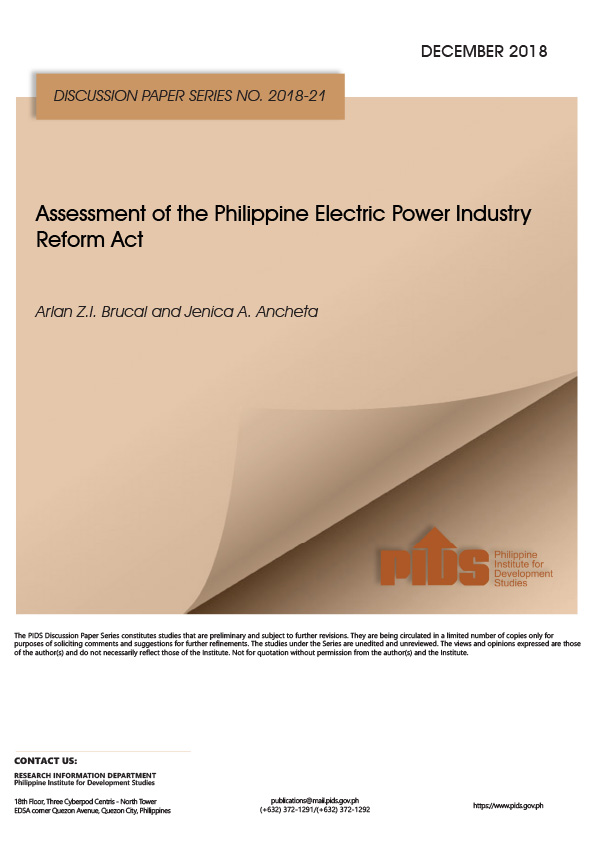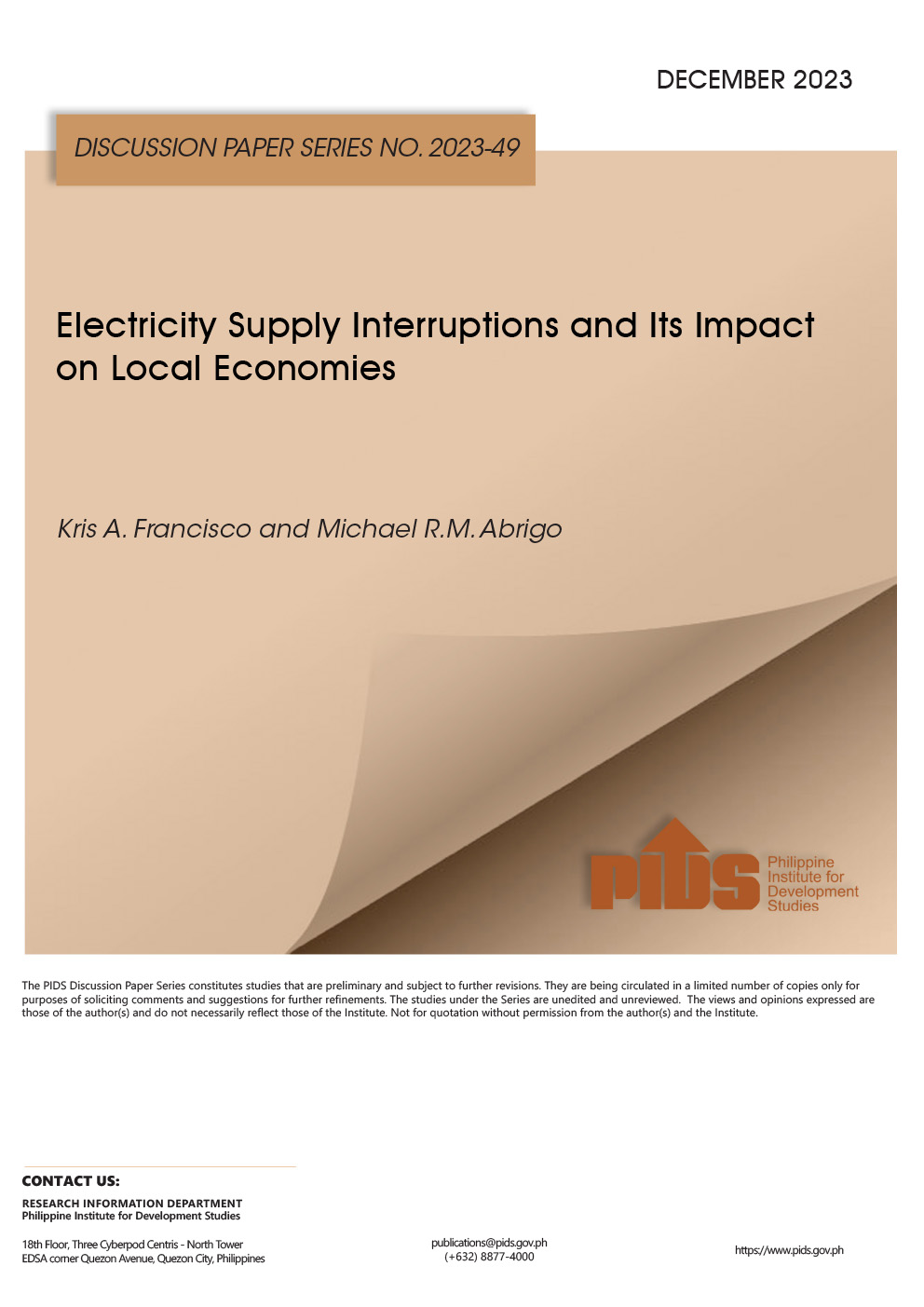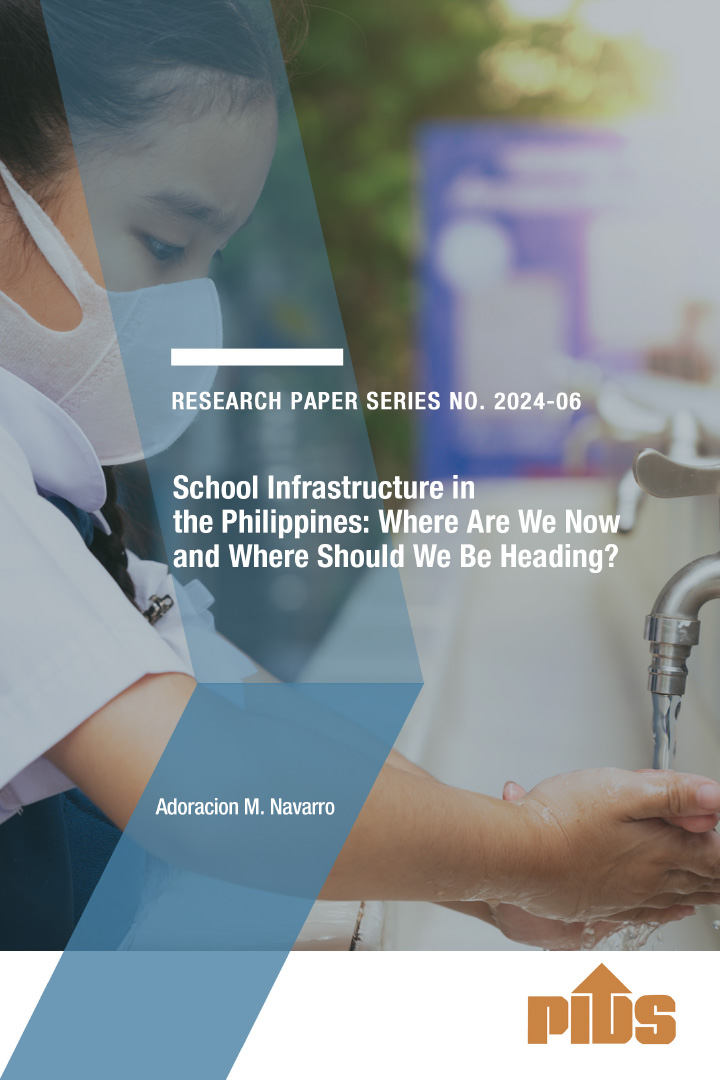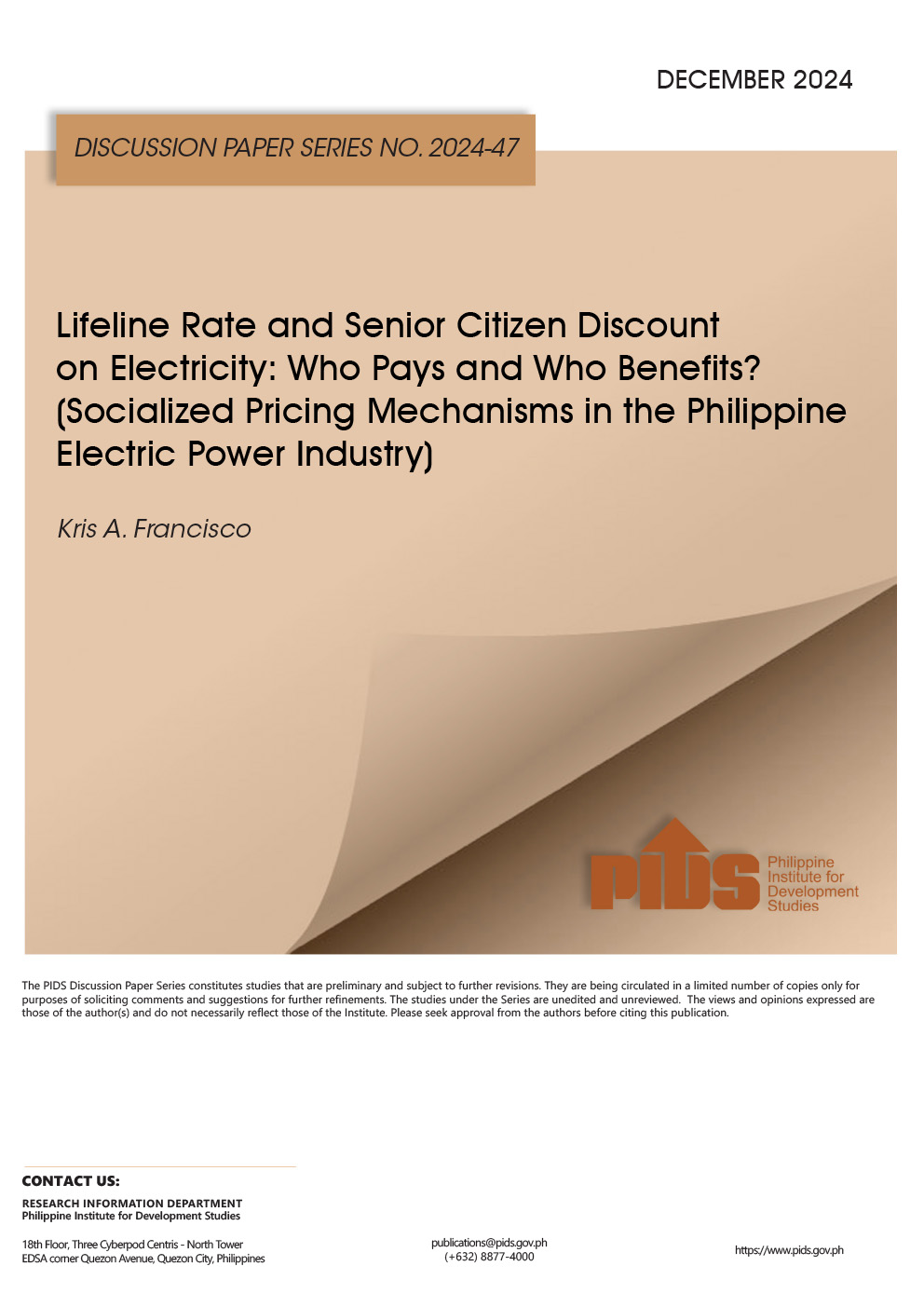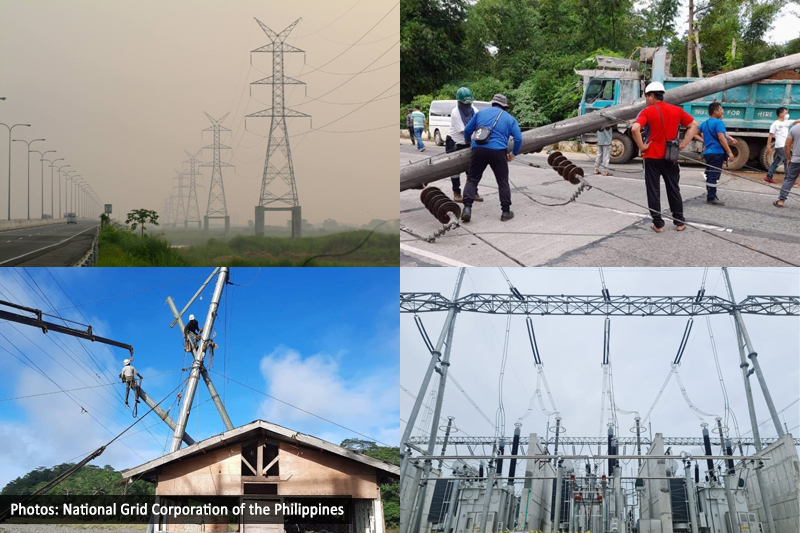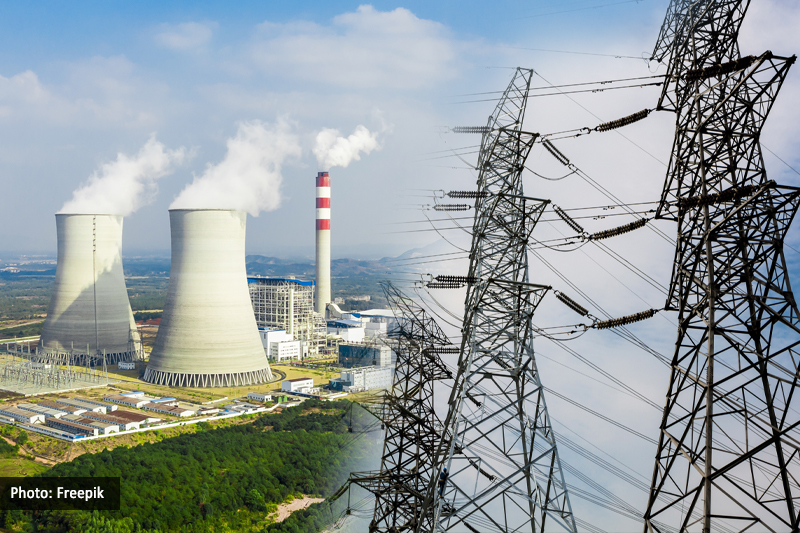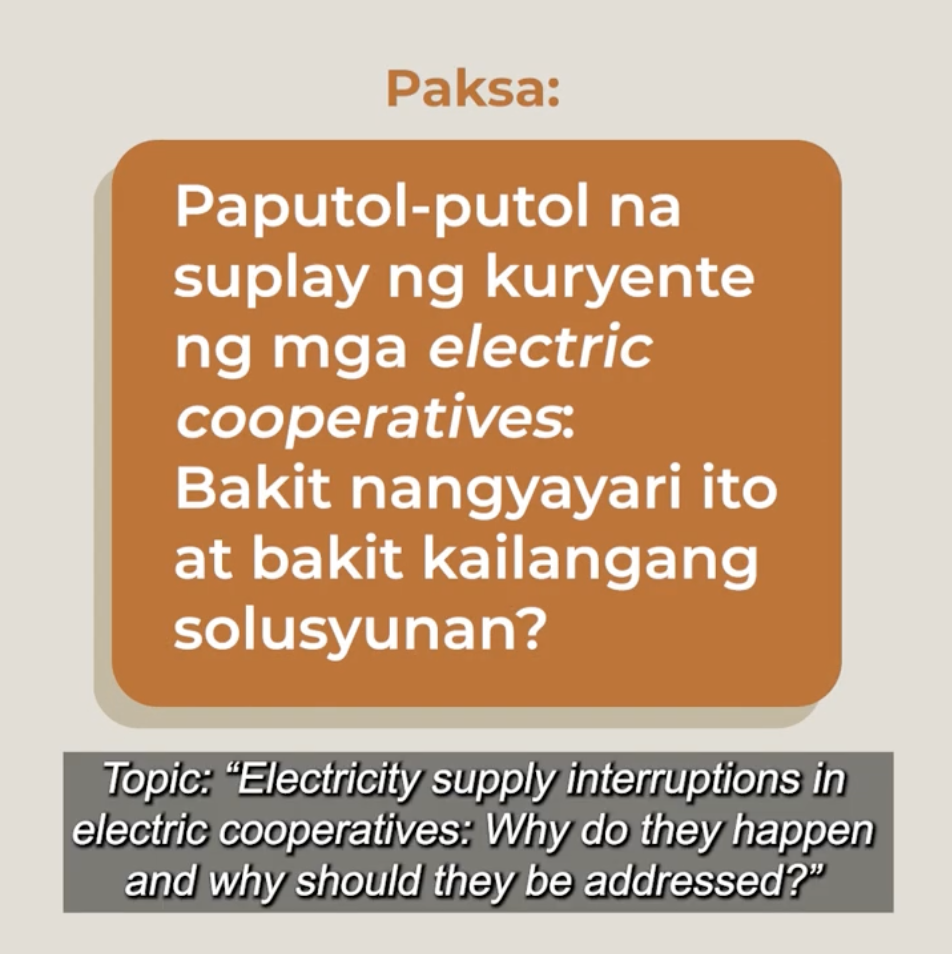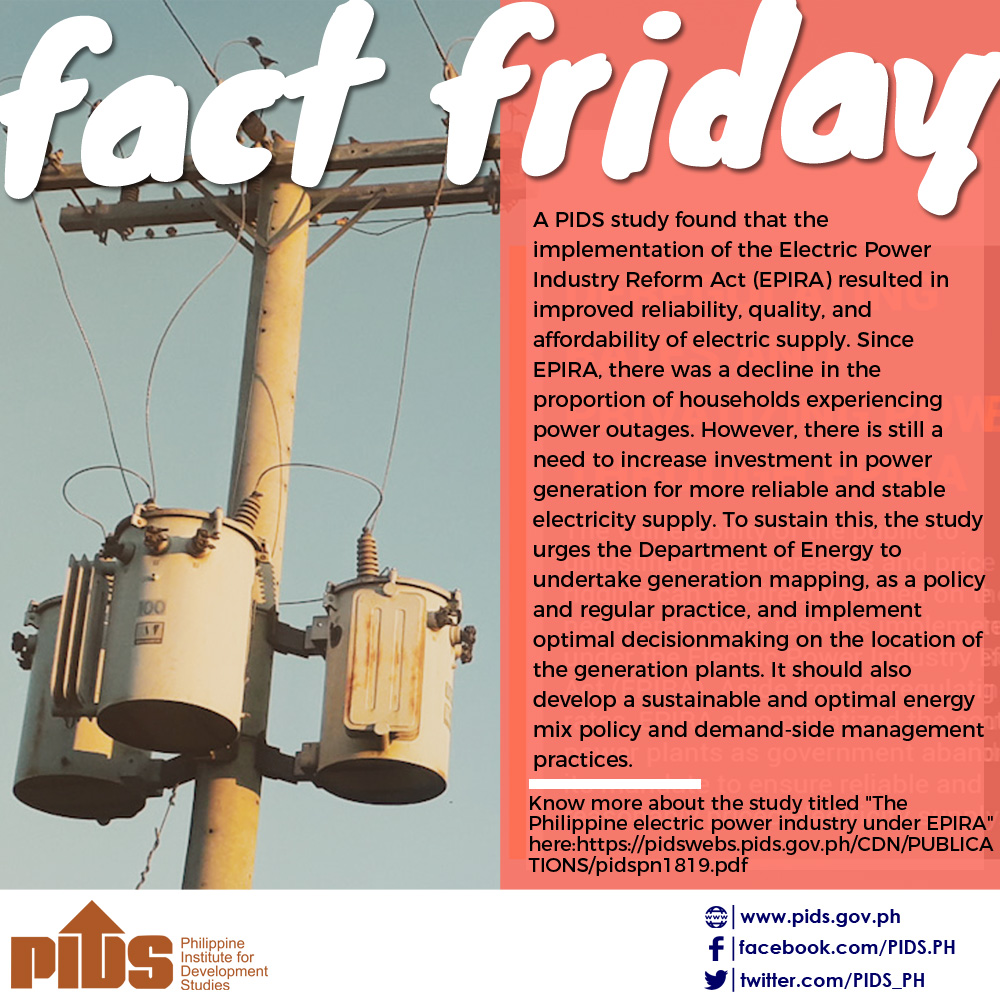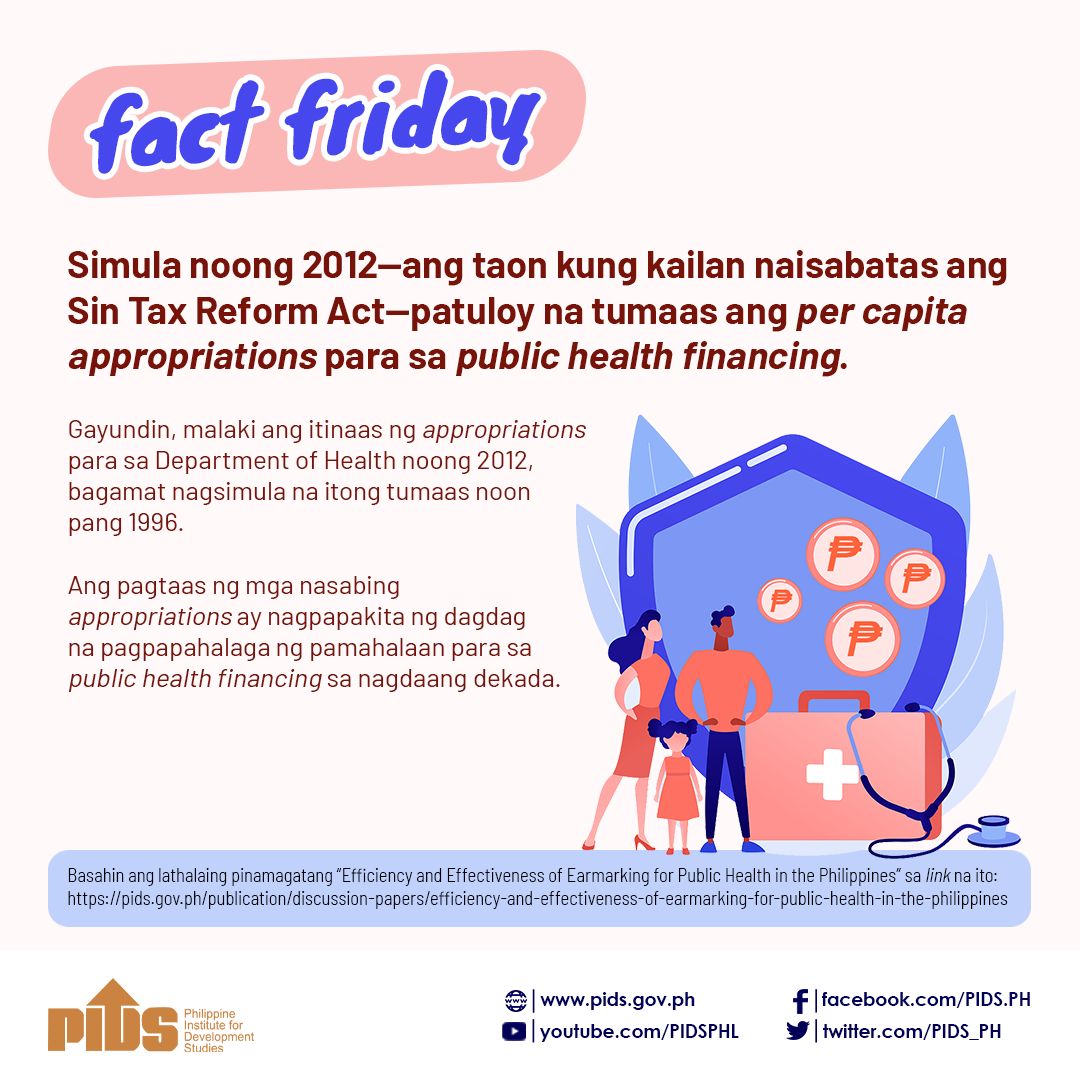The Electric Power Industry Reform Act (EPIRA) is one of the landmark pro-market reforms implemented to achieve reliable and competitively priced electricity in the Philippines. Due to its perceived ineffectiveness, however, the law has been subjected to a number of criticisms with some calling for its review, if not an outright repeal. Generally, EPIRA adopted the “ideal” textbook architecture of the competitive energy markets found to be historically successful in Argentina, Canada, Brazil, and Australia, among others (Joskow 2008). Such adoption led to the creation of institutional arrangements and restructuring intended to provide long-term benefits and ensure that prices reflect the efficient economic cost of supplying electricity and service quality attributes (Joskow 2008). Thus far, two major findings stood out. First, the EPIRA appears to be a well-thought power sector reform design, having followed most of the features of the kind of reform structuring found to be successful historically. Second, significant progress has been attained. Although, a number of measures should be in place to sustain the progress and promote more competitive power supply and retail rates for all consumers. These measures include policy changes in the subcomponents of the power industry such as generation, transmission, and distribution; and improvement in other areas such as reduction of system losses and universal charges, socialized pricing mechanism, taxes, and demand-side management.

